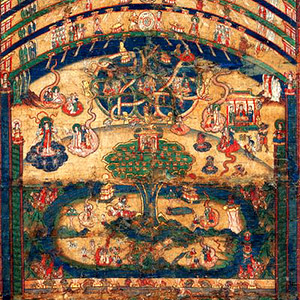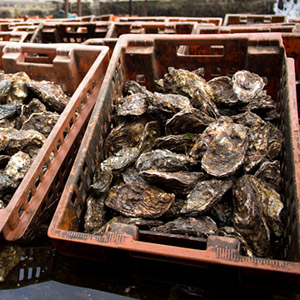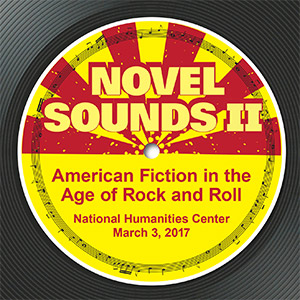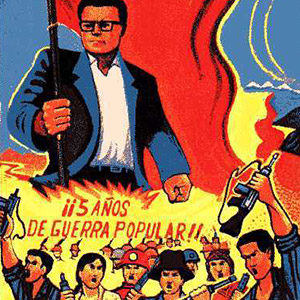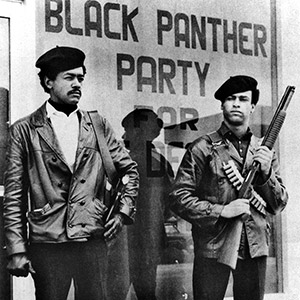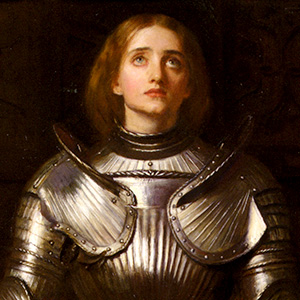
Erin Beeghly, “The Ethics and Epistemology of Stereotypes”
Most people would agree that judging people based on generalizations related to their skin color or gender, religion or nationality is wrong. Yet this is a common practice in all societies. So the question arises, is it ever okay to use stereotypes? And, if so, when?
